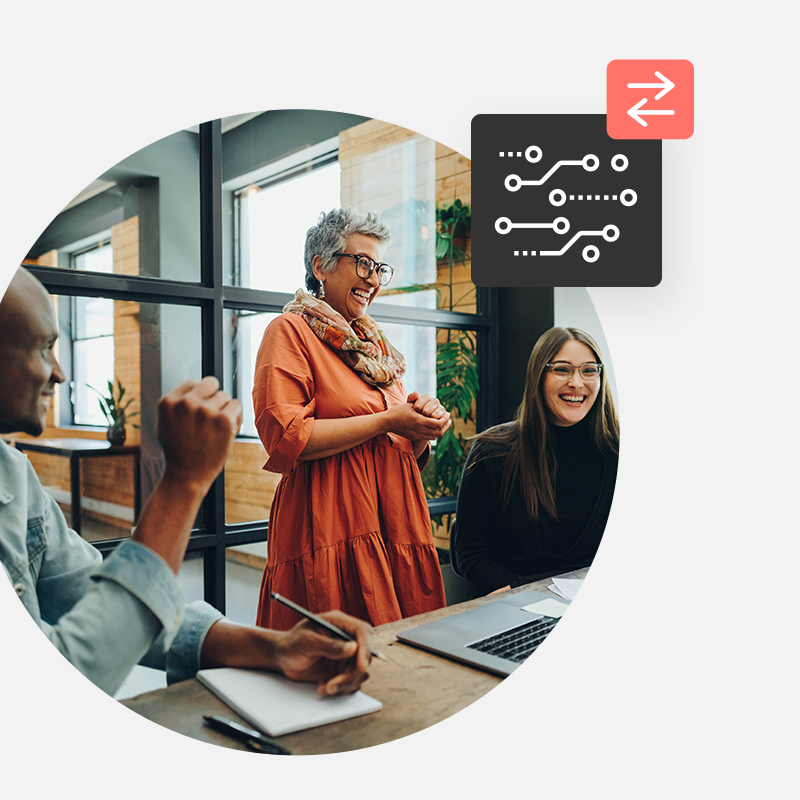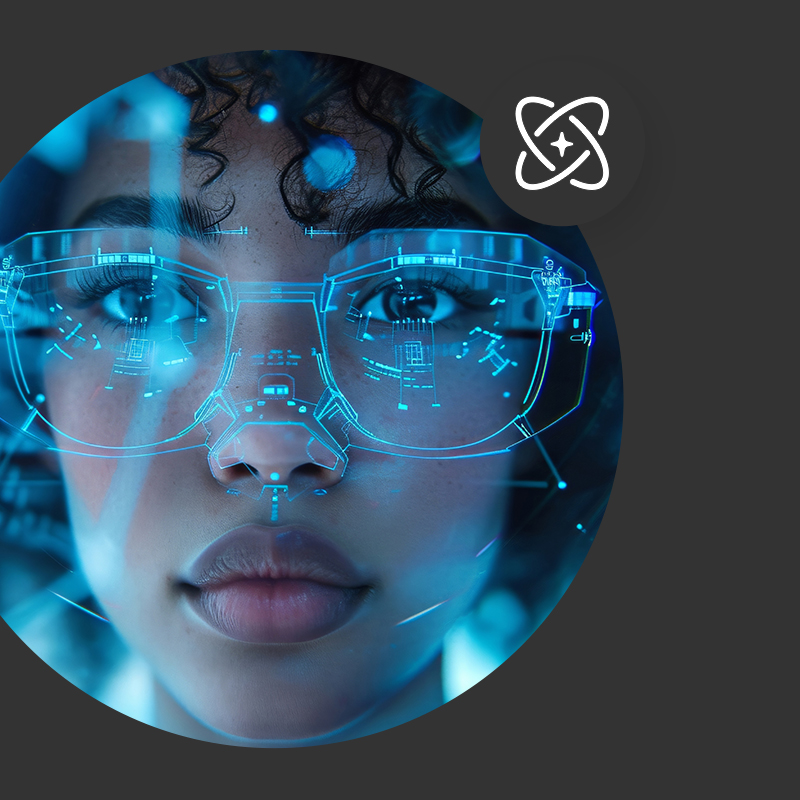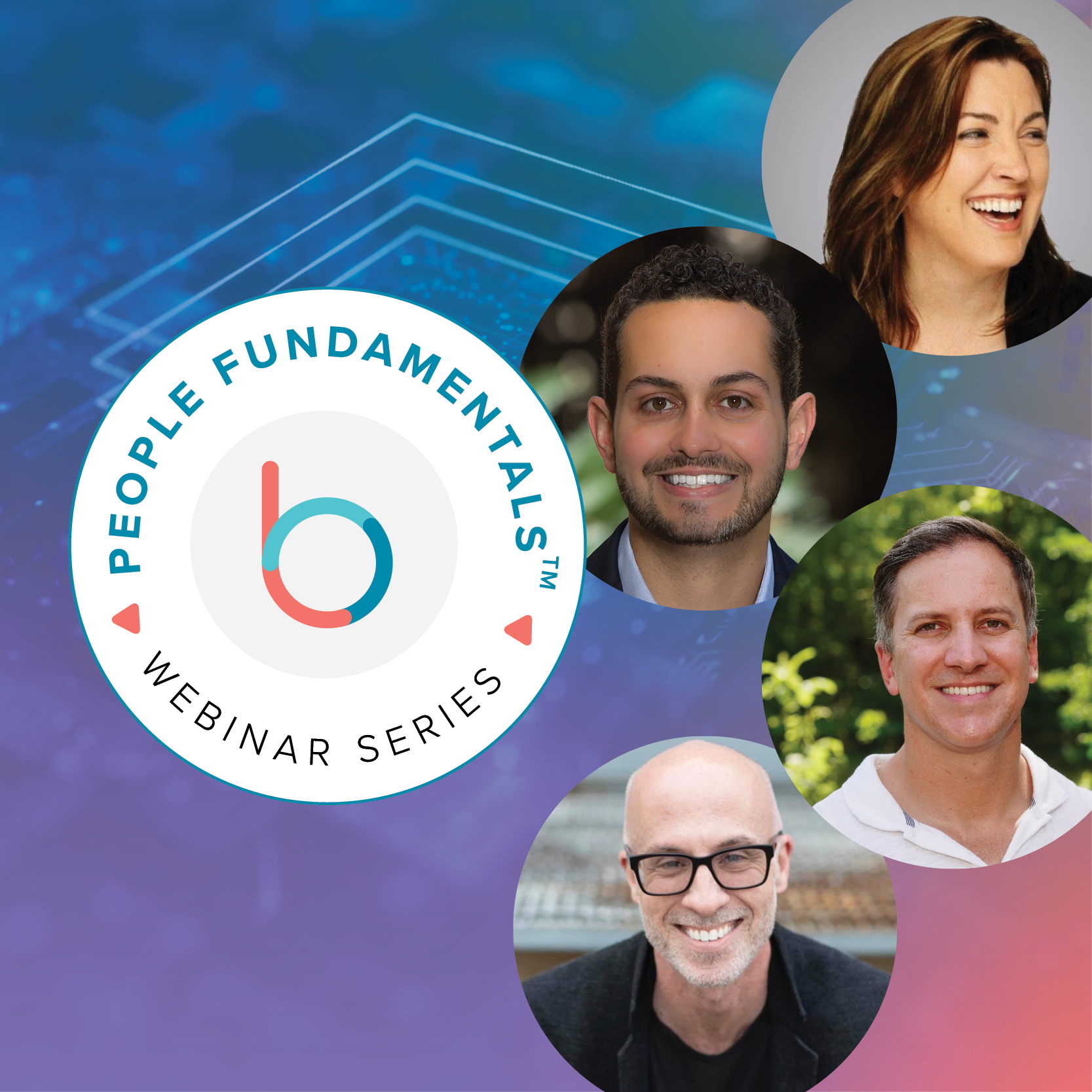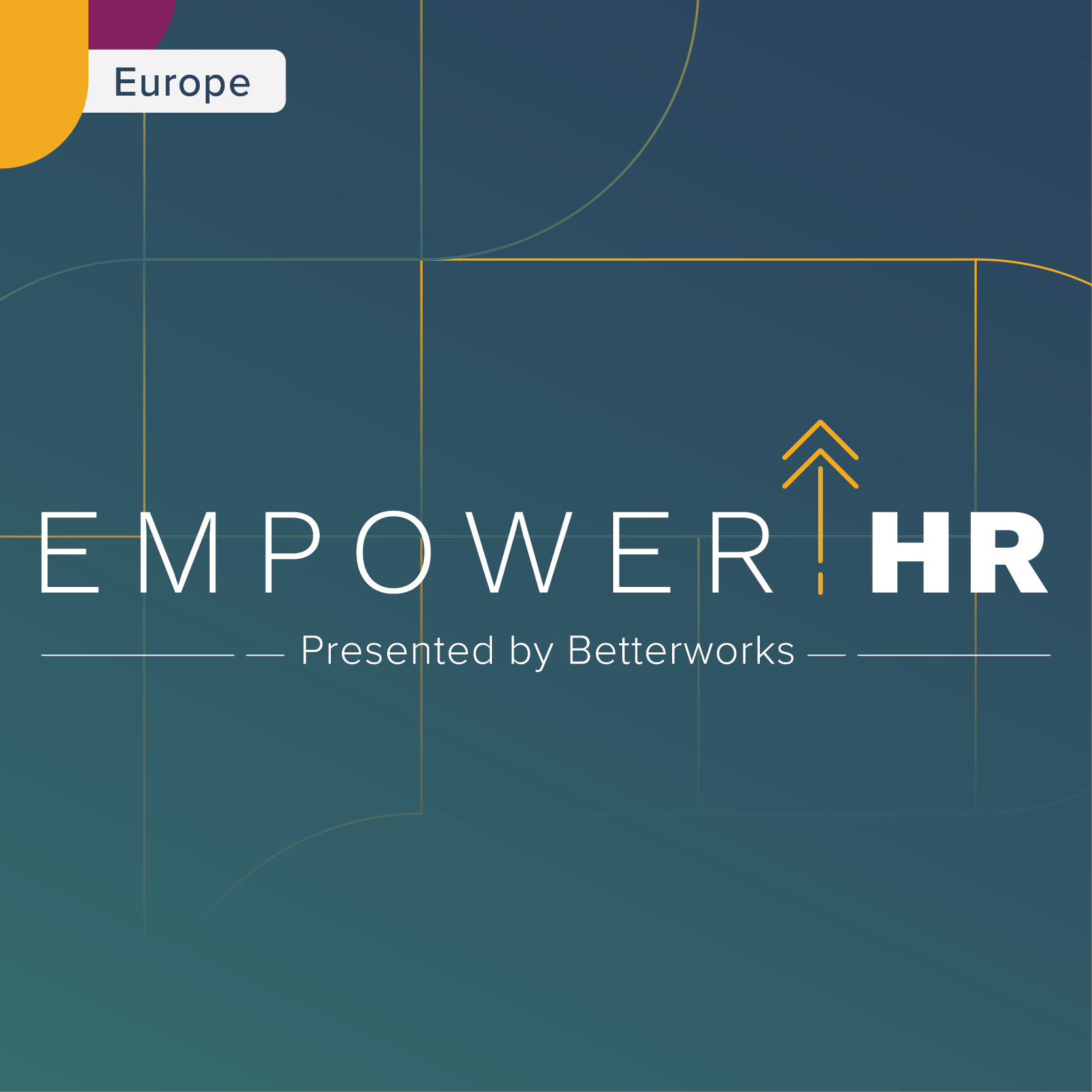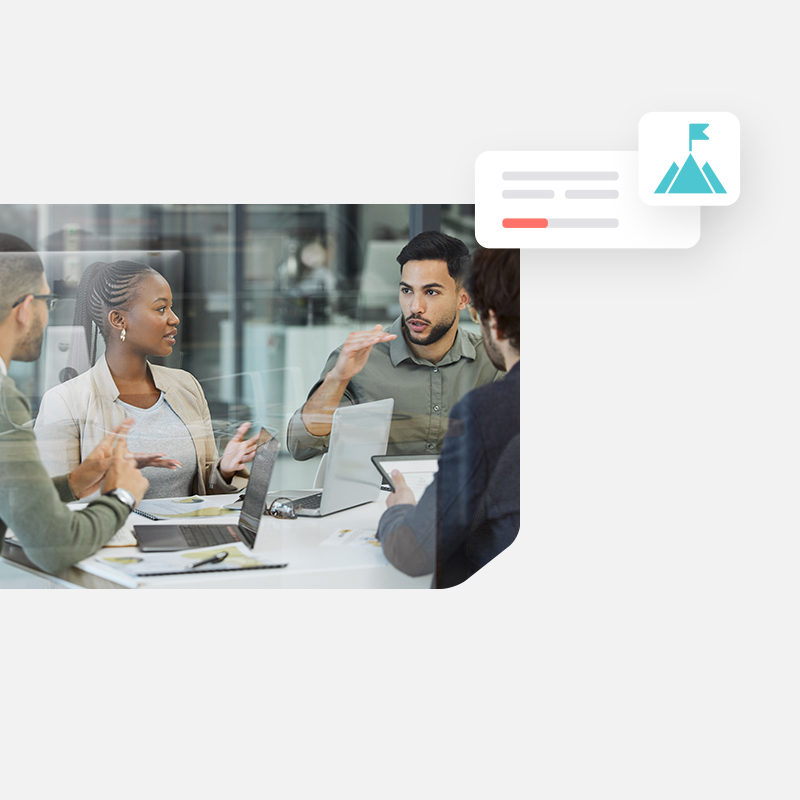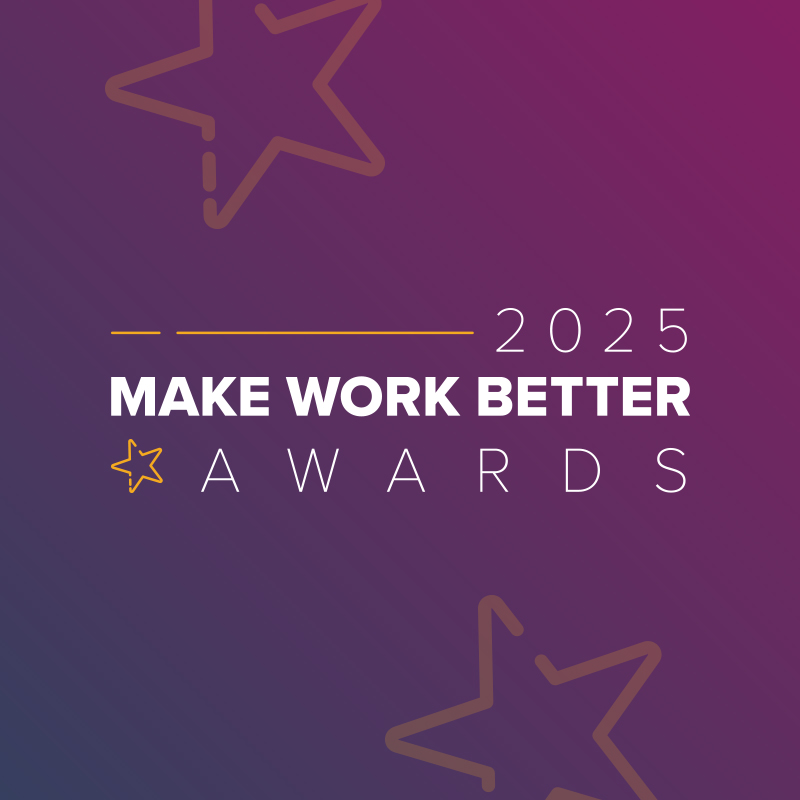Artificial intelligence, especially generative AI, is making waves across the world of work, and organizations are scrambling to adopt it and adapt it to drive value in their businesses.
That’s why we invited three HR leaders to share their insights into implementing AI within HR. In a panel discussion moderated by Betterworks chief marketing officer John Schneider, Ben Eubanks, chief research officer at Lighthouse Research and Advisory and author of “Talent Scarcity,” Susan Lovegren, EVP, CHRO, and advisory board member, and Andrew Roundtree, director of HR at Best Western International make their predictions for AI at work.
Find out how HR leaders can apply AI to HR, and how to help organizations adopt AI technology to thrive.
AI delivers business value
AI has the potential to support HR’s ability to deliver higher-value outcomes to the business. It can make processes more efficient and enable data-driven decision-making. “I think AI is absolutely transforming — and will continue to transform — pretty much everything we do,” Lovegren said.
Roundtree agreed, noting that AI will “allow us to really add more value than ever in the past, just because there’s going to be new opportunities.”
AI transforms talent outcomes
Generative AI, despite being a relatively new topic, presents a significant opportunity to improve performance management. “We really see it as an opportunity to make performance management a much lighter lift for managers and employees,” Schneider said, “to make it easier and more effective.”
Lovegren also emphasized the role of AI in talent acquisition, and the opportunity it presents to arrive at a more nuanced understanding of what each candidate brings to the table.
AI makes work more human
The more we can lean into technology to add value within our current roles, the more we can evolve the workplace to focus on the human traits and skills that the business needs to grow.
“When that wave [of automation] comes by, the work that’s left behind is more human-focused than the work that was there before,” Eubanks said. “It strips away some of those things that are repetitive…and helps us focus on those things that it leaves behind, which are a little more human-oriented.”
Learn more about what Schneider, Eubanks, Roundtree, and Lovegren shared on AI and to how to build on performance management for exponential impact.
State of Performance Enablement: From AI to a Stellar Employee X-perience
